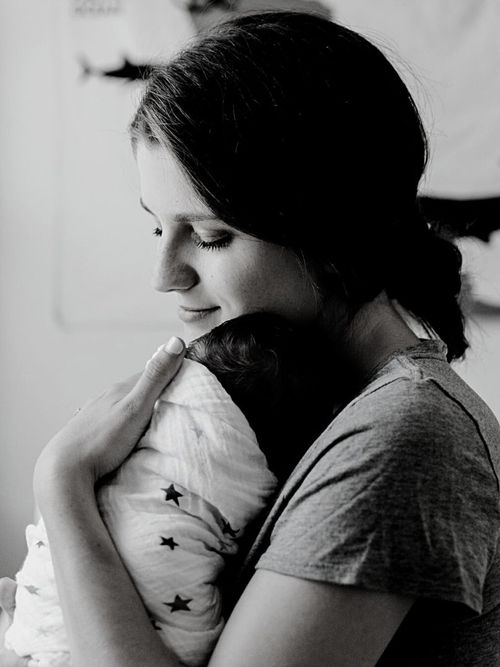As with all family-focused occasions, Mother’s Day can bring up a mix of feelings:
- love / disappointment / loss / joy / awe / gratitude / sadness;
- grief for a mother lost early in life;
- grief for an absent mother;
- memories of abandonment or rejection;
- joyful or traumatic memories of childbirth (or both);
- missed opportunities to have a relationship with your mother;
- our best and our worst moments of being a mother;
- grief relating to missed opportunities to be a mother; or
- frustration at societal pressures to be a mother.
It’s all there.
It is within this melange that we find our own complicated relationship with the components of mothering; something which may be even more complex for health and education professionals.
As we’ve identified in ‘The Helping Professionals Interview Series’ many workers in helping roles struggle to
- identify,
- seek support for, and
- prioritise their own needs.
Health and education professionals, supervisors, carers, supporters, trainers and managers are crying out for support. Yet they find themselves either unable to ask for help, or up against a system that cannot or does not respond.
Certainly, we need
- more staff to be trained, employed and experienced enough to carry the burden of overloaded workforces, and
- government, organisations and systems to overhaul structures, funding and policies in order truly support workers.
In the meantime, we have workers who are burning out at rates higher than ever before.
Once again, we need to turn to the oxygen mask analogy: you can’t help someone else without first supporting yourself.
On this Mother's Day, it may be time to reconsider your needs in relation to your own care or need for self-mothering.
So what does 'mothering' even mean?
How can we apply these core aspects of mothering to ourselves?
Three aspects of self-mothering for teachers and health professionals
Given that it is hard for helping professionals to put themselves first, breaking it down into these three components may help.
1. Emotional warmth
Developing a practice of self-kindness is one way to kindle the fires of emotional warmth.
Here are some ideas for you:
- Do you have a photo of yourself as a baby or young child? Consider sitting with this photo and sending warmth, love and care to this little one. Can you place the photo somewhere that you will see it often?
- If this is difficult for you, is there an animal or pet that you might practice sending care and attention to?
- When you are tired, irritable, or strung out, consider how you might support a young child or pet. Can you practice this same care for yourself? What might this look like?
2. Personal care
How do you look after your personal need for food, water, sleep, rest, fun, adventure, support?
If you are calling on your most loving, caring part of yourself, how might you attend to your physical needs?
If you had a caring adult looking after you as a child, how did they feed you, support your need for sleep and rest?
If you had a difficult childhood, what did you wish for? Are you able to provide yourself with those physical needs now?
How might you care for your own child or pet? Can you you consider looking to your own needs in the same way?
3. Sensory needs
When I think of a baby, I think of a mother cradling, rocking and singing to her baby. We acknowledge that babies need sensorimotor inputs, but so do adults.
How can you support your sensory needs?
What sensations do you like?
As discussed in 'What's the body got to do with it?', we have the well-established five senses of smell, taste, touch, sight and hearing, AND the lesser known components of sensory experiences of:
- exteroception (sense and perception outside of the body ) and interoception (internal sensations);
- proprioception (detect the body’s position in space and know how much force may be required to move or act);
- balancing and orienting ourselves (vestibular sense) and
- knowing when our body is moving (kinaesthesia).
How might you become more familiar with these parts of your sensory experience?
Here are some ideas:
- Self-massage
- Wrapping yourself in a blanket
- Floating in water
- Feeling your feet on the ground: on dry and wet surfaces; on sand or grass.
- Paying attention to beauty or the colours around you
- Swinging at the park, in a tree or in a hammock
- Lying on the ground
- Walking meditation
- Notice the sensations in and around your body as you walk, run, dance, rest
For an easy-to-read summary, see this infographic on the 3 steps of self-mothering.





